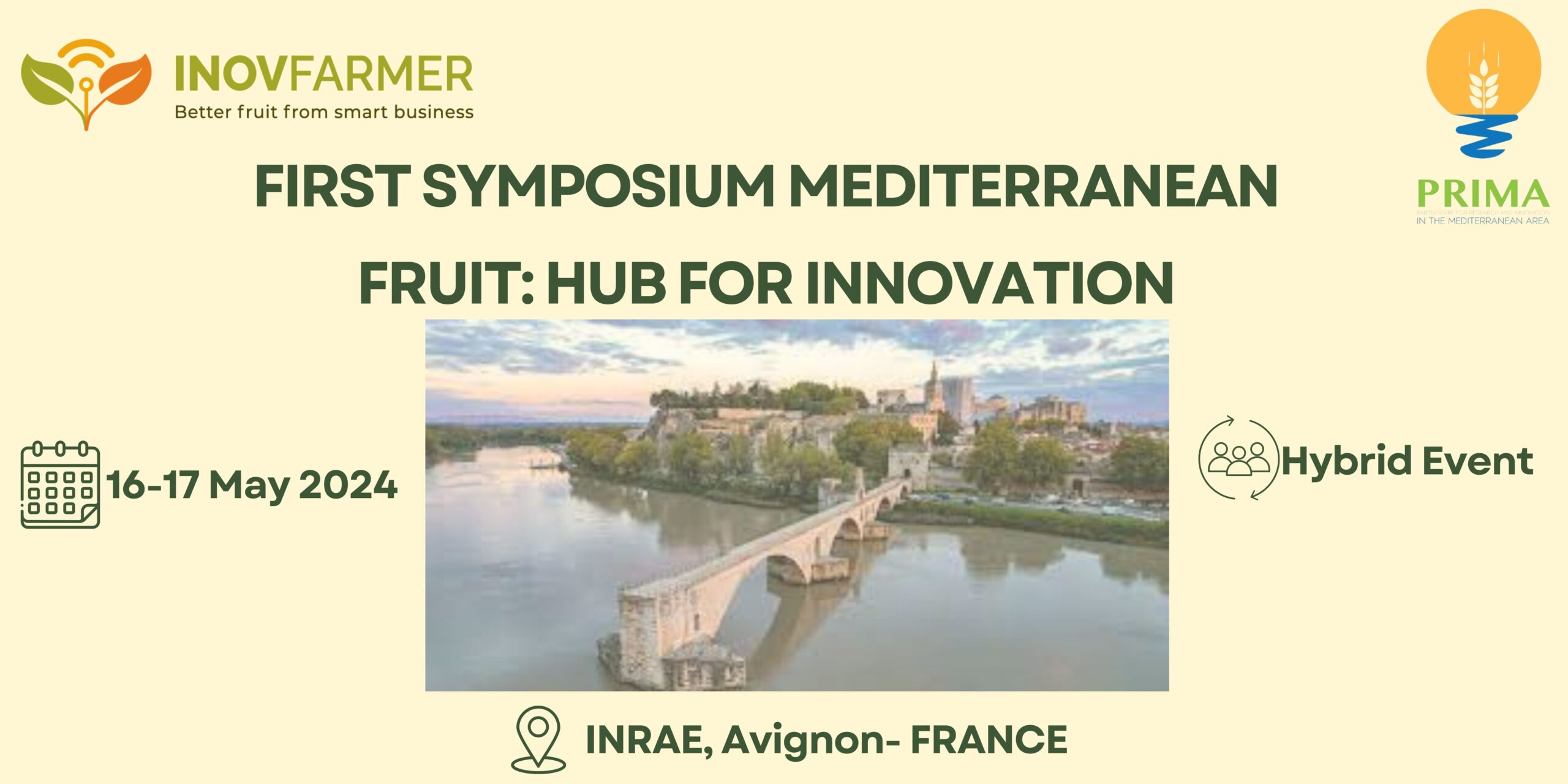
1st SYMPOSIUM MEDITERRANEAN FRUIT: HUB FOR INNOVATION
The PRIMA program is a partnership of the European Commission under Horizon 2020 to fund Research & Innovation projects that contribute to the ‘Sustainable use of natural resources, economic growth and stability in the Mediterranean’.
The seminar will allow to establish synergies between PRIMA projects and other stakeholder´s through the presentation of communications, poster’s and other networking.
Event’s Address:
INRAE UMR SQPOV
Domaine Saint Paul
228, route de l’Aérodrome
Site Agroparc – CS 40509
84914 Avignon Cedex 9
To access to the Symposium online, click here.
Meeting ID: 935 0417 3885
Participants will need to use the secret code: mU4!zEPsr=
Secretariat: Bruno Esteves, inovfarmermed@gmail.com
Thematic Areas
1 – Smart Systems for Fruit Ripeness Evaluation & Processes to Optimize Quality
2 – Bioactive compounds, biological properties and industrial applications
3 – Biowaste and Byproducts from Agriculture and Industries
4 – Business Models for Better Fruit
Program
16 May 2024
Session 1. Smart Systems for Fruit Ripeness Evaluation & Processes to Optimize Quality
Chairmans: Yasser Dessouky, Arab Company for Information and Communication Technology, Egypt & Susana Cardoso, University of Aveiro, Portugal
8:30 - 9:00h — Registration
9:00h - 9:30h — Open Session
- INRAE welcome – Frédéric Carlin Président of INRAE PACA center
- PRIMA Programme – Mohamed Wageih, Project Officer
- Vice-President Polytechnic University of Viseu – João Vinhas Ramos Marques
9:30h - 10:00h — KN 01 - Dulcineia Wessel, Polythecnic University of Viseu, Portugal
10:00h - 10:30h — KN 02 - Iva Fernandes, University of Porto, Portugal
10:30h - 10:40h — OC 01 - Applications of near infrared spectroscopy in olive mills
10:40h - 11:10h — Coffee Break
11:10h - 11:40h — KN 03 - Congduc Pham, University of Pau and the Pays de l'Adour, France
11:40h - 11:50h — OC 02 - Deploying distributed fiber sensors for moisture management in agriculture
11:50h - 12:00h — OC 03 - WildFruiP: Estimating Fruit Physicochemical Parameters from Images Captured in the Wild
12:00h - 12:10h — OC 04 - Argan fruit quality improvement through genetic selection
12:10h - 12:20h — OC 05 - Ascophyllum nodosum improves olive physiological performance and fruit size under water deficit conditions
12:20h - 12:30h — OC 06 - Enhancing the rooting of prickly pear (opuntia ficus-indica l.) Cladodes via indole-3-butyric acid treatment
12:30h - 13:00h — Poster Session
PC 01 – Ascophyllum nodosum extract improve olives metabolite profile. Maria Celeste Dias, Centre for Functional Ecology, Associate Laboratory TERRA, Department of Life Sciences, University of Coimbra– LAQV‐REQUIMTE, Department of Chemistry, University of Aveiro, Portugal
PC 02 – Unveiling the elicitor potential of mentha pulegium and satureja montana essential oils in kiwifruit challenged by pseudomonas syringae pv. Actinidiae. David Novo, University of Porto, Portugal
PC 03 – Unlocking the benefits: investigating laminaria digitata extract for improved tomato physiology. Mateus Pereira, University of Aveiro, Portugal
13:00h - 14:30h — Lunch
Session 2. Bioactive compounds, biological properties and industrial applications
Chairmans: Carine Bourvellec, INRAE, France & António Jordão, Polytechnic University of Viseu, Portugal
14:30h - 15:00h — KN 04 - Nicolas Bordenave, INRAE, France
15:00h - 15:10h — OC 07 - Development of food ingredients rich in soluble dietary fiber and oligosaccharides from figs
15:10h - 15:20h — OC 08 - Technological parameters able to modulate apple juice oligosaccharides and soluble dietary fiber
15:20h - 16:10h — Poster Session
PC 04 – Optimization of the callogenesis process in prickly pear cactus: exploring the impact of the medium and the explant. BOUIHATE Oumaima, Ibn Zohr University, Morocco
PC 05 – Enhancing functional value of fruit juice through enzymatic processing: increase of soluble dietary fibre and oligosaccharides. Elisabete Coelho, University of Aveiro, Portugal
PC 06 – Comparative analysis of the contents of phenolic compounds and antioxidant activity among six accessions of garlic (allium sativum l.). Ikram Bachti, Faculty of Sciences, Ibn Zohr University, Morocco
PC 07 – Combinatorial effects between botanical and microbial agents against Meloidogyne javanica. Basaid Khadija, University Ibn Zohr, Morocco
PC 08 – Antifungal activity of hydrosol essential oils of lavender. Salahddine CHAFIKI, Mohammed VI Polytechnic University, Morocco
PC 09 – Antioxidant and hepatoprotective effect of moroccan saffron tepals. Ikram Beraouz, Faculty of Sciences, Ibn Zohr University, Morocco
PC 10 – Moroccan seaweeds extracts as a managing approach for root-knot nematode disease. Mouna Belmouden, Faculty Of Sciences El Jadida Université Chouaib Doukkali Morocco
PC 11 – Microwave-assisted extraction to optimise polyphenol enrichment of different sweet potato food preparations. Alicia Castillo Rivas, University of Sevilla, Spain
PC 12 – Fresh and dried figs as a source of oligosaccharides and soluble dietary fibers. Elena Cassin, University of Aveiro, Portugal
PC 13 – Bioefficacy of organic extracts of a wild medicinal plant from morocco against clavibacter michiganensis subsp. Michiganensis, the causal agent of tomato bacterial canker. Mammass BOURASSEN, IBN Zohr University, Morocco
PC 14 – Botanical Insecticides as Alternatives to Conventional Ones: A Path to the Environmental and Food Safety. Sérgio Santos, Polytechnic University of Viseu, Portugal
PC 15 – Leveraging a tomato MAGIC population to produce biofortified plants with potential applications in several sectors. Leandro Pereira-Dias, Universitat Politècnica de València, Spain
16:10h - 16:40h — Coffee break
16:40h - 16:50h — OC 09 - Antibacterial activity of Moroccan saffron extracts against Clavibacter michiganensis subsp. michiganensis: The causal agent of tomato’s bacterial canker
16:50 - 17:00h — OC 10 - Valorization of Lycium barbarum L. and Lycium chinense Mill. through the production og high-value goji sorbets
17 May 2024
Session 3. Biowaste and Byproducts from Agriculture and Industries
Chairmans: Katherine Flynn, ISEKI-Food Association, Austria & Elisabete Coelho, University of Aveiro, Portugal
9:00h - 9:30h — KN 05 - Deniz Koca, University of Lund, Sweden
9:30h - 9:40h — OC 11 - Unravelling Raspberry Seed-Derived Biomolecules for Future Valorisation
9:40h - 9:50h — OC 12 - Assessing the environmental impact of apple (malus domestica) production in italy: a comprehensive life cycle assessment
09:50h - 10:00h — OC 13 - Edible packaging film enriched with phenolic compounds extracted from exhausted olive pomace
10:00h - 10:20h — Coffee Break
10:20h - 10:50h — KN 06 - Marwa Moumni, Marche Polytechnic University, Italy
10:50h - 11:00h — OC 14 - Development of innovative eco-products based on fig and prickly pear fruits
11:00h - 11:10h — OC 15 - Regional circular concepts to valorize fruit processing wet and dry co-products – A Swiss case study in the frame of the European FAIRCHAIN
11:10h - 11:20h — OC 16 - Harnessing Opuntia ficus-indica seed pomace to design a body lotion with natural UV protection
11:20h - 12:10h — Poster Session
PC 16 – Valorization of tomato peels for the production of sustainable chips. Jairo Torres, Universidad de Santiago de Compostela, Spain
PC 17 – Comparative life cycle assessment of tomato in three different mediterranean countries: Turkey, Spain, and Italy. Kathy Lois S. Amores, University of the Philippines-Diliman
PC 18 – Fruit security in spain: challenges and opportunities for sustainable orange production. Mujahid Hassan Khan – Università degli Studi di Teramo, Italy
PC 19 – Alginate spheres of smoothies with pear and apple pomace with microalgae. Ândria Viegas, Higher Institute of Agronomy, University of Lisbon, Portugal
PC 20 – Hot air drying and microwave drying of mixed apple and ginger pomace. Beatriz Zanin Ribeiro de Araujo, Portuguese Catholic University, Portugal
PC 21 – Polyphenol enrichment from blackberry leaves by a combination of microwave-assisted extraction and fermentation. Alicia Castillo Rivas, University of Sevilla, Spain
PC 22 – Cactus crunch: using cladode pulp byproduct and habanero pomace waste for the development of a nutritious and spicy cactus snack. Sofia Assunção Baltazar Jesus, University of Aveiro, Portugal
PC 23 – Drying optimization to improve dried fig quality. Carlos Pereira, Polytechnic University of Viseu, Portugal
PC 24 – Drying agri-food products – reducing energy consumption using a hybrid solar dryer. Carlos Pereira, Polytechnic University of Viseu, Portugal
PC 25 – Examining the phytochemical composition and antioxidant properties of wheat and gluten-free breads fortified with Opuntia ficus-indica: A comparative approach. Susana M Cardoso, University of Aveiro, Portugal
PC 26 – Herbicide potential of a pine nut shell lipophilic extract against widespread weed species. Élia Simões Fogeiro, University of Aveiro, Portugal
12:30h - 14:00h — Lunch
Session 4. Business Models for Better Fruit
Chairmans: Paolo Prosperi, CIHEAM-IAMM, France & Dulcineia Wessel, Polytechnic University of Viseu, Portugal
14:00h - 14:30h — KN 07 - Gonçalo Andrade, Portugal Fresh, Portugal
14:30h - 15:00h — KN 08 - Luca Camanzi, University of Bologna, Italy
15:00h - 15:10h — OC 17 - The adoption of digital solutions in food supply chains through enhanced business models: a study in the province of latina (Italy)
15:10h - 15:20h — OC 18 - MED-LINKS: a web-based digital platform to support small fv producers in B2B transactions through smart contracts
15:20h - 15:50h — Coffee Break
15:50h - 16:20h — KN 09 - Katherine Flynn, ISEKI-Food Association, Austria
16:20h - 16:30h — OC 19 - Fruit and vegetables consumer profiles in Mediterranean countries
16:30h - 16:40h — OC 20 - Development of new and resilient business models
16:40h - 16:50h — Poster Session
PC 27 – Melon (cucumis melo): the fruit’s potential as a value-added product. Kathy Lois S. Amores, University of the Philippines – Diliman
PC 28 – Codeveloping innovations to enhance small scale producers’ sustainability and performance using a living lab approach. Collewet Laurick, CIHEAM-IAMM Montpellier, France
PC 29 – Nutrient contents in leaves and initial production performance of Vitis vinifera L. cv. Sangiovese under organic and conventional production systems in Southern Brazil. Elizandra de Oliveira Franco, Midwestern State University, USA
PC 30 – Capacitation of ficus carica and opuntia ficus-indica smallholder farmers. Silvia Moreira, Food4Sustainability CoLAB, Portugal
16:50h - 17:00h — Closing Session
- Portuguese participation in PRIMA calls, Maria Maia, Foundation for Science and Technology
- Coordinators of EU Projects: Dulcineia Wessel | InovFarmer.MED Luca Camanzi | MED-LINKS Congduc Pham | Resilink Katherine Flynn |Fairchain
Keynotes
- Congduc Pham, Université de Pau et des Pays de l’Adour, France
- Deniz Koca, University of Lund, Sweden
- Dulcineia Wessel, Polytechnic University of Viseu, Portugal
- Gonçalo Andrade, Portugal Fresh, Portugal
- Iva Fernandes, University of Porto, Portugal
- Katherine Flynn, ISEKI-Food Association, Austria
- Luca Camanzi, University of Bologna, Italy
- Marwa Moumni, Marche Polytechnic University, Italy
- Nicolas Bordenave, INRAE, France
Scientific Committee
- Dulcineia Wessel, Polytechnic University of Viseu, Portugal
- António Jordão, Polytechnic University of Viseu, Portugal
- Carine Le-Bourvellec, INRAE, France
- Claudia Neves, Polytechnic Institute of Viseu, Portugal
- Congduc Pham, Université de Pau et des Pays de l’Adour, France
- Deniz Koca, University of Lund, Sweden
- Luca Camanzi, University of Bologna, Italy
- Manuel António Coimbra, University of Aveiro, Portugal
- Maria Luisa González Sanjosé, University of Burgos, Spain
- Pierre Brat, CIRAD, France
- Susana Cardoso, University of Aveiro, Portugal
- Sylvie Bureau, INRAE, France
Organization

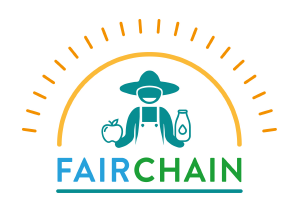


Symposium Partners
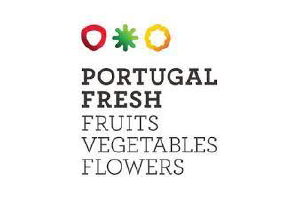

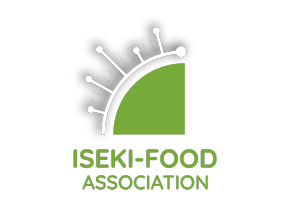
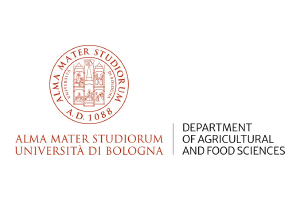
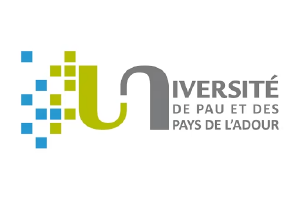
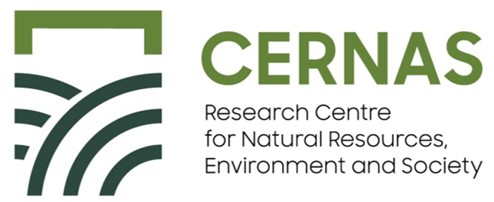
InovFarmer.MED Partners










Registration Form
1st MEDITERRANEAN FRUIT SYMPOSIUM: HUB FOR INNOVATION May 16-17, France
This form collects personal information that will be used exclusively for the purposes stated in this form. By completing this form, you agree to the collection and processing of your data as described below:
1. Data Collected: We collect personal information such as name, email address, and phone number to facilitate communication and respond to your inquiries.
2. Use of Data: The information provided will only be used for the specific purposes indicated in this form. We will not share your personal information with third parties without your explicit consent, unless required by law.
3. Consent: By completing and submitting this form, you consent to the collection and processing of your personal information in accordance with this privacy notice.
4. Data Security: We take appropriate security measures to protect your information against unauthorized access, alteration, disclosure, or unauthorized destruction.
5. Data Subject Rights: You have the right to access, correct, update, or delete your personal information at any time. If you wish to exercise these rights or have any questions about the use of your data, please contact us using the details provided in this form.
6. By continuing to submit this form, you confirm that you have read and understood this privacy notice and agree to the collection and processing of your personal information in accordance with the conditions stated.
